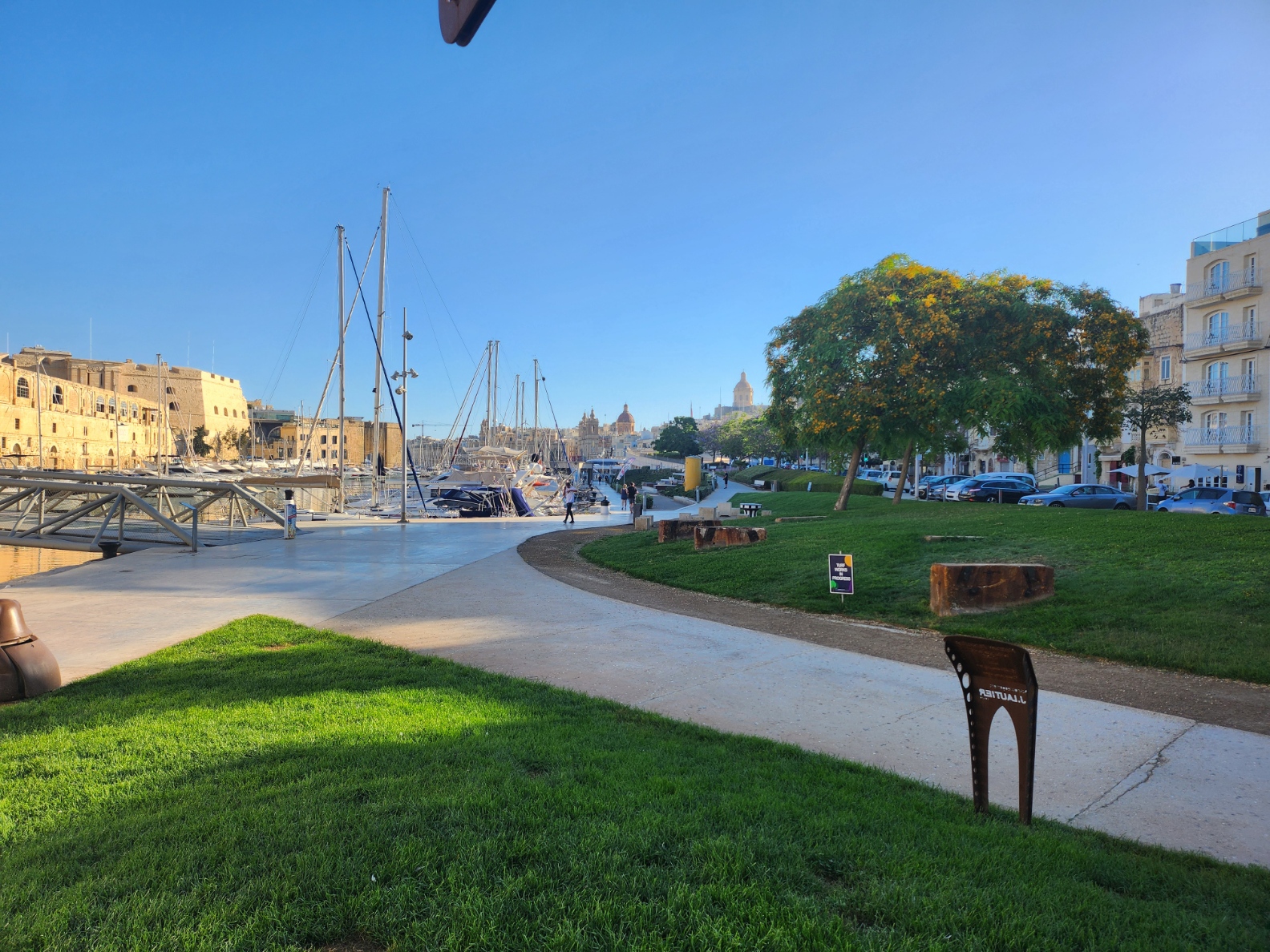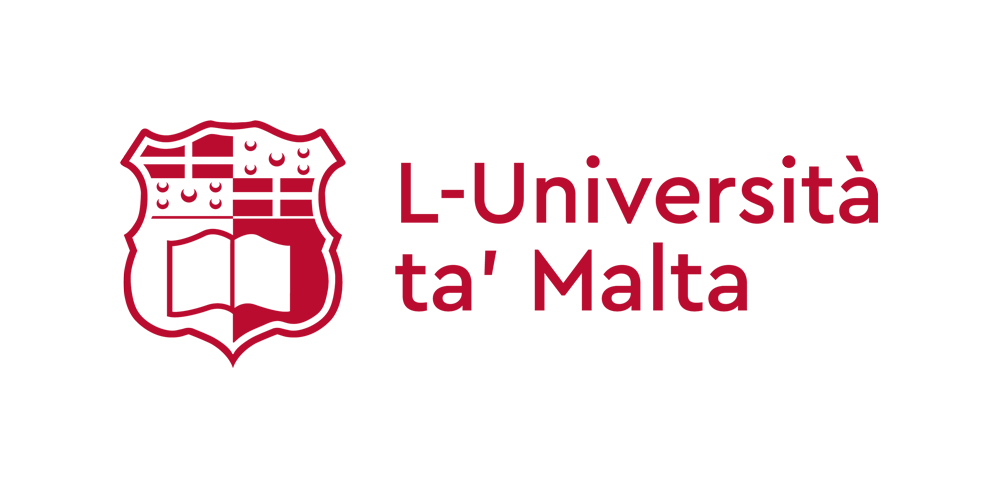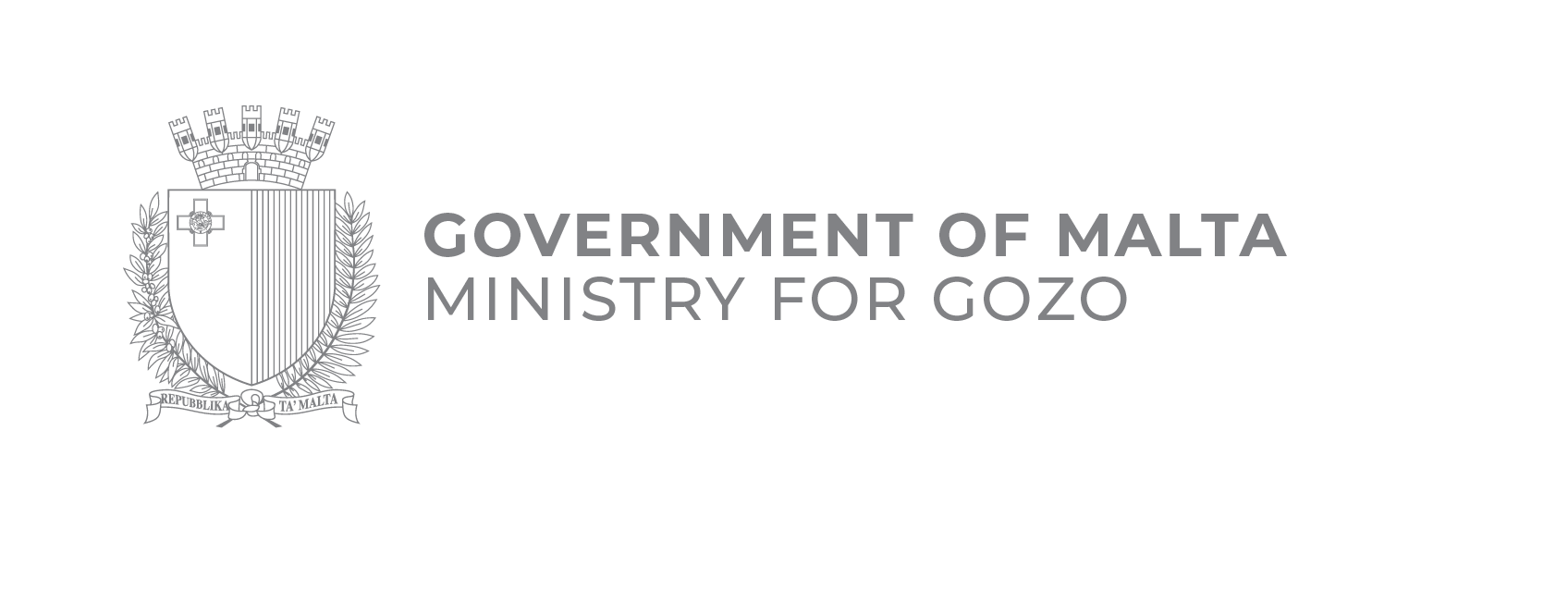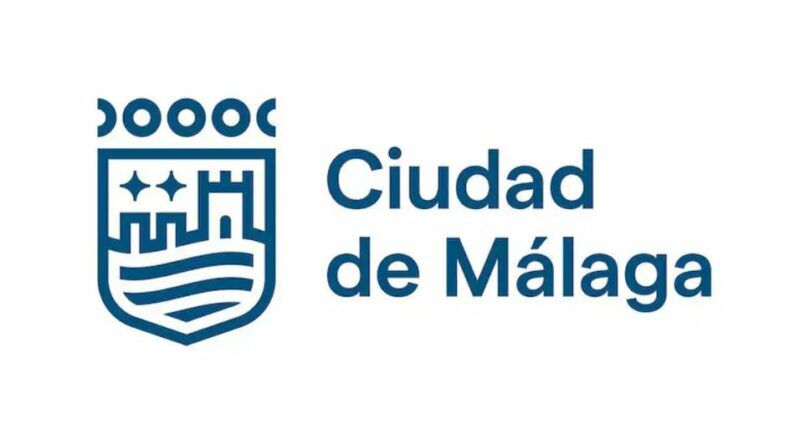
Our Mission
Background: The Challenge
While urban areas are known to be among the main contributors to climate change worldwide, they are also especially at risk from the impacts of climate change.
There is a growing recognition that climate change is here for the long term, and that actions is needed, not just mitigation, but also to adapt to the impacts that we can expect to see now and in the future.
Consequently, innovative responses for raising the resilience and adaptation of Mediterranean cities are needed. As a result, cities are urged to identify and implement adaptation measures.
By capitalising and combining the results of previous and ongoing projects:
- Interreg MED Programme, 2014-2020, CESBA MED: Sustainable MED Cities
- ENI CBC Med, 2014-2020, Sustainable MED Cities
- Interreg ALCOTRA, 2014-2020, Habit.A
- Interreg ALCOTRA, 2014-2020, ARTACLIM
ReMED will develop an innovative set of affordable tools, along with an overarching decision support framework, to help cities:
- assess and understand the level of climate risk at urban and building scale
- design optimal climate adaptation measures in relation to local conditions
- implement climate adaptation measures through the most suitable policy instruments
- monitor and evaluate the results of adaptation measures over time.
ReMED will also support a Multi-Level Governance (MLG) in climate adaptation, as recommended by the UN COP26.
Main Objective
Climate change is a long-term problem. Its urgency has led to the need for innovative approaches
to minimize climatic risks and increase Mediterranean cities’ resilience.
The aim of the project will therefore be to develop innovative methods and tools to raise the capacity of public authorities in developing, implementing and monitoring adaptation measures at building and urban scale. Such methods, tools and decision support framework will be organised in a friendly web-based tool – the ReMED Platform.
ReMED will deliver capacity building measures towards public authorities in the use of the Platform to facilitate its practical use and uptake.
Testing of the Platform will be the focus of the capacity building process in order to support the implementation of adaptation measures through policy instruments. The main output of the project will be an overall raised capacity of public authorities in deploying effective measures to improve the resilience of cities.
Project Partners
Composition of the ReMED project consortium: 9 partners from 5 countries, comprised of public authorities (the main target group), and scientific and technical organisations. The partnership includes 4 cities (Genoa, Malaga, Crikvenica and Fyli) and 1 Ministry (EcoGozo).
Most of the partners are public authorities and end-users of the ReMED outcomes. This will therefore increases the priority in the partnership to obtain concrete uptake of the final results.
The cities selected have varying population sizes. These range from 583.000 (Genoa) to 11.100 (Crikvenica). Such discrepancies however aid in testing the applicability of the ReMED Platform in different contexts. The Ministry for Gozo and Planning will address the topic of Multi-Level Governance (MLG) in climate adaptation.
The scientific organisations selected have a long term experience in assessment systems for the built environment, and are also part of international networks (e.g. UN GlobalABC). From the organisations, iiSBE Italia, NOA, and the University of Malta have already worked together as partners in previous projects. Some examples include: CESBA MED and ENI CBC MED Sustainable MED Cities.

Lead Partner: University of Malta (UoM)
the sole public and highest teaching institution in Malta, comprising 14 Faculties and several interdisciplinary Institutes and Centres
Project team composed of the Sustainable Construction, Materials and Monitoring Research Group at the Faculty for the Built Environment, and the Department of Micro and Nano Electronics

Ministry for Gozo and Planning (MGP)
responsible for Gozo’s Affairs (excluding health and education), Wild Birds Regulation and Development Planning

iiSBE Italia R&D
a non-profit company in Turin that is part of the global iiSBE network – international initiative for a Sustainable Built Environment

Municipality Genova
sustainable urban development through innovative land use, modernizing infrastructure, regenerating urban areas, and enhancing city governance

National Observatory of Athens (NOA-IERSD)
a public research organization with expertise in assessing and rating sustainability of the built environment at city and building scales to best serve the public
Municiplaity Crikvenica
the foundation of local self-government, whose primary task is to ensure that the city functions smoothly and efficiently

Fundación Ciedes
a non-profit organization whose primary mission is the Strategic Planning of Malaga

Municiplaity Malaga
promote sustainable development through initiatives, renewable energy projects, and urban planning strategies to enhance resilience to climate-related hazards
Municipality Fyli
dedicated to promoting balanced development, improving urban infrastructure, and preserving its cultural and historical heritage
Media Kit

